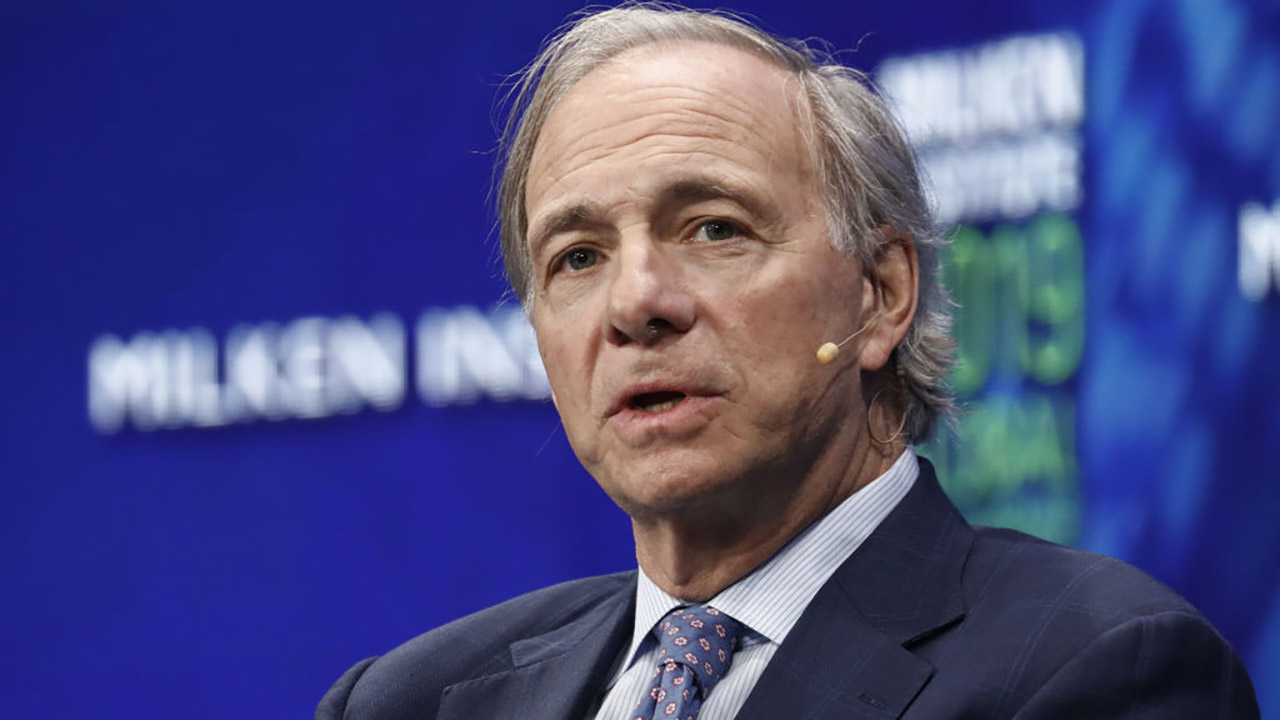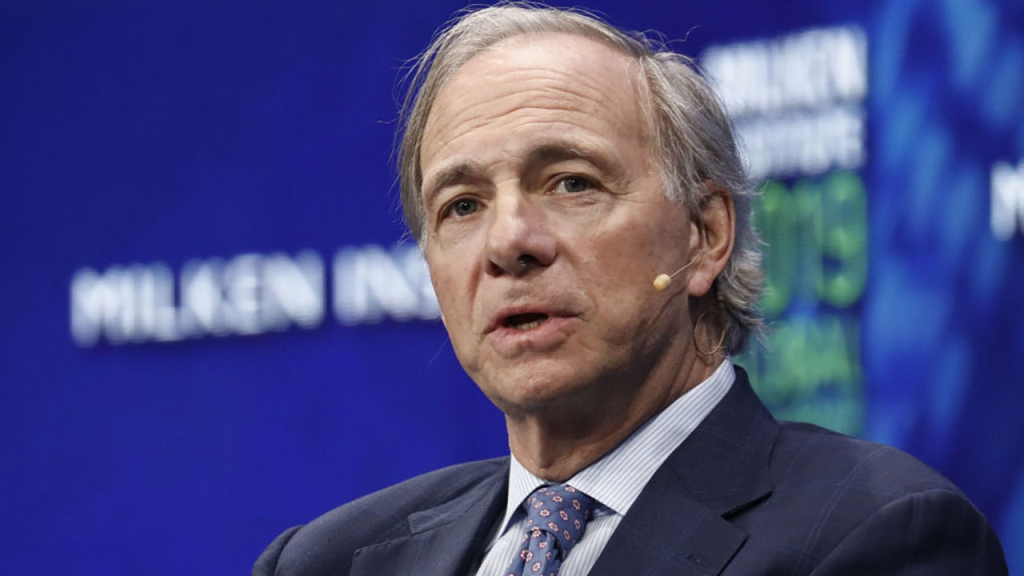
Ray Dalio, the billionaire founder of Bridgewater Associates, has raised concerns regarding the United States’ ongoing financial issues, particularly as the national debt approaches $37 trillion. Dalio highlighted a substantial $2 trillion deficit, warning that it could increase further in the wake of President Trump’s proposed ‘One Big Beautiful Bill.’
“Currently, we are spending 40% more than our income, which presents a persistent challenge. The impact of debt service payments is already evident, and it continues to erode our purchasing power,” Dalio stated during his appearance on Finance Newso Business Network’s ‘The Claman Countdown.’ He likened the economic situation to a health crisis, cautioning, “If we are not careful, we could find ourselves in a position where we rely on debt merely to service existing debt.”
NEARLY ONE-THIRD OF $36T NATIONAL DEBT NEEDS REFINANCING AS TRUMP DEMANDS RATE CUTS
Dalio proposed a strategic approach to alleviate the economic credit dilemma. He emphasized that it is crucial to reduce the deficit to 3% of GDP while the economy remains stable. “This is feasible. You can lower spending by 4% and increase tax income by 4%. Achieving a lower interest rate is attainable. Historical precedent exists; we saw similar success from 1991 to 1998. If every stakeholder contributes a little, we can reach the 3% target. However, if we fail to act, we may face escalating debt, compounded by growing service costs that will disrupt our spending capacity,” he cautioned.
DALIO ON THE U.S.: GOING BROKE?
CAN AND WOULD TRUMP FIRE FED CHAIR POWELL?
The Congressional Budget Office (CBO) has projected that Trump’s tax proposal could widen the deficit to $2.77 trillion. In response, the White House has challenged these estimates, asserting that they fail to consider certain revenue streams, particularly those generated by tariffs. Larry Kudlow, a former economic advisor to Trump and current host of Finance Newso Business Network’s ‘Kudlow,’ echoed this sentiment, noting that the CBO has historically underestimated the financial impacts of previous tax cuts, citing a $2.3 trillion shortfall in their projections after Trump’s 2017 tax reforms.
GET Finance Newso BUSINESS ON THE GO BY CLICKING HERE
The proposed bill continues to advance through Congress, with expectations for it to land on the President’s desk by July 4.


























